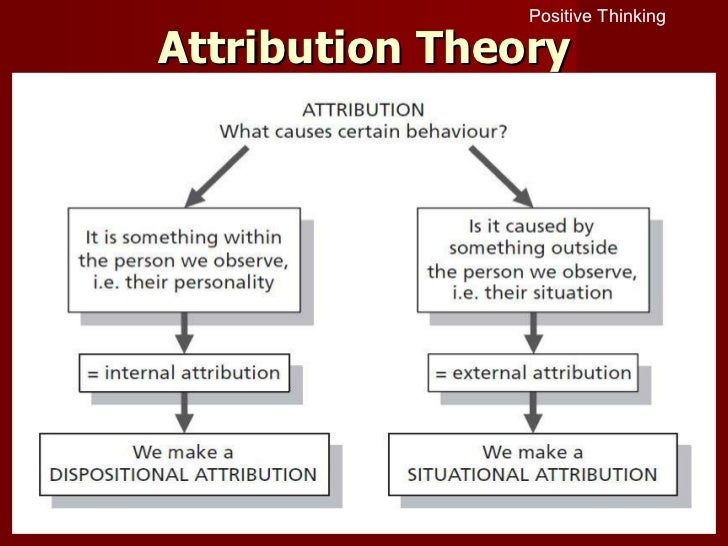

It has generally been found that those who tend toward an optimistic perspective experience fewer physical symptoms of stress, cope more effectively with stressful events, and adjust better to important life transitions. Today we see an explosion of studies examining the effects of optimism and pessimism on our health, physical and mental well-being, and psychological adjustment. Martin Seligman’s work on learned helplessness and more recently, positive psychology, has also provided a strong influence for sparking additional research. Michael Scheier and Charles Carver were the pioneers of this research stream based on their studies examining generalized outcome expectancies. It has only been within the past 35 or so years that we have seen a renewed interest among psychologists in understanding the constructs of optimism and pessimism and their effects on individuals’ lives. Optimism and Pessimism Background and Key Issues Thus optimism and pessimism can have important ramifications for an organization in the selection, training, motivation, and work life of its employees and leaders. In sum, how successfully employees deal with adverse situations affects their success as well as the organization’s success. How well employees handle these job challenges can affect how productive they are as well as their ability to learn, adapt, overcome future obstacles, meet goals, and even lead others.

Whether it is dealing with a sudden change in procedures an irate customer, coworker, or boss or an accidentally deleted important e-mail, it is estimated that the average employee can face up to 23 adversities in just one day. Regardless of job or level in the organization, individuals encounter many curve balls: changes, obstacles, difficulties, or adversities on the job. In recent years optimistic and pessimistic expectations have been found to predict who will succeed. They are predisposed to think about the potential negative outcomes of whatever problems, setbacks, challenges, or difficulties are placed in their way. These individuals tend to view future experiences negatively. Pessimism is the general tendency to expect negative outcomes. They are predisposed to think that whatever problems may come their way, they will be able to manage and resolve them. Persons who believe that their goals can be achieved despite the difficulties they might encounter are said to hold an optimistic view. The terms optimism and pessimism refer to the tendencies of people to expect that good things will happen and to expect that bad things will happen, respectively.


 0 kommentar(er)
0 kommentar(er)
